A smart campus for Delft University
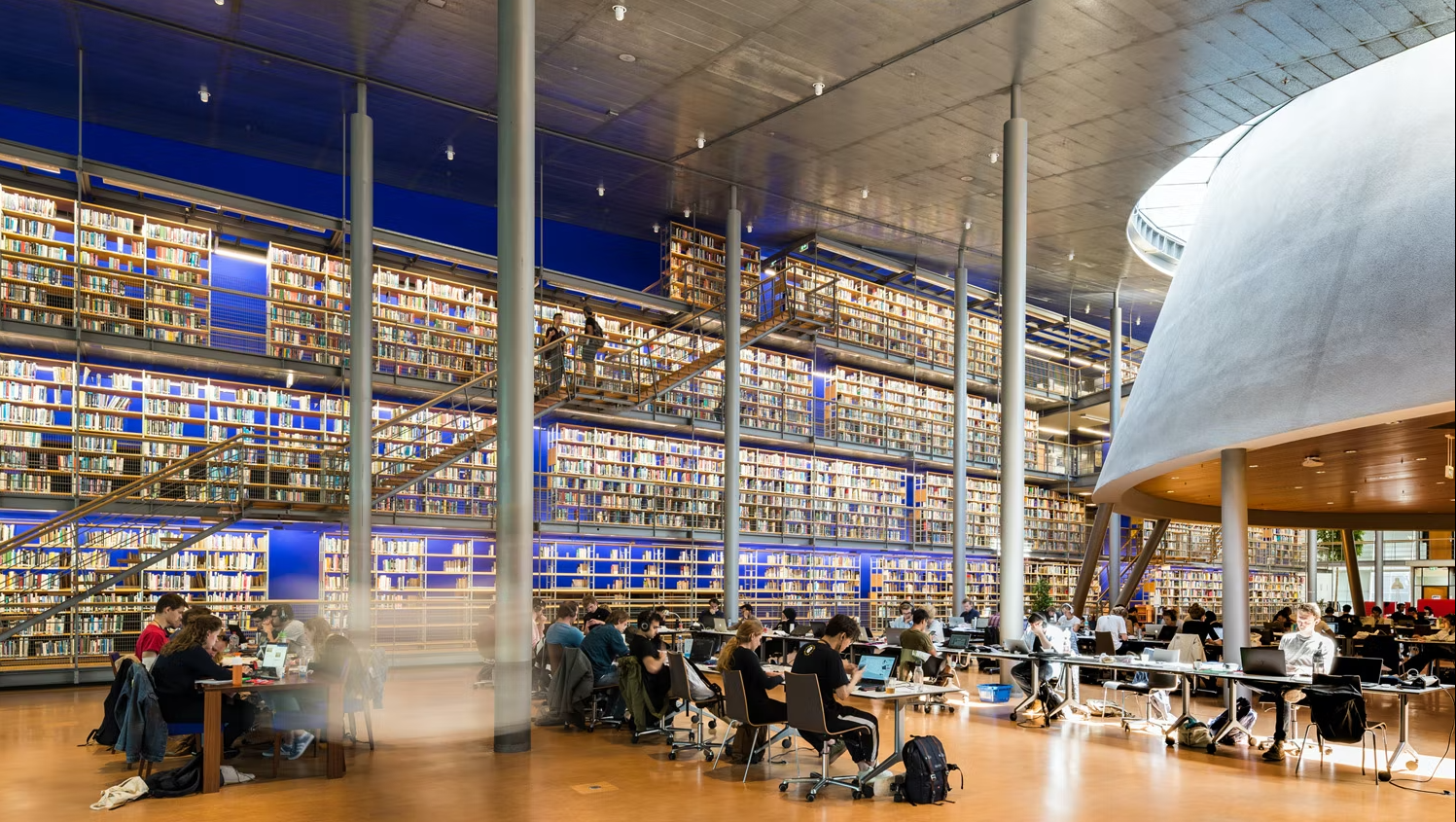
Challenge
To support hybrid working and improve access to space without expanding real estate.
Solution
Smart booking tools and redesigned workspaces informed a flexible, data-driven strategy.
Result
Improved space visibility, user satisfaction, and actionable insights for future planning.
Pushing innovation
TU Delft’s Campus Real Estate & Facility Management service needed proof that hybrid working could boost both employee experience and space efficiency before rolling the concept out university-wide.
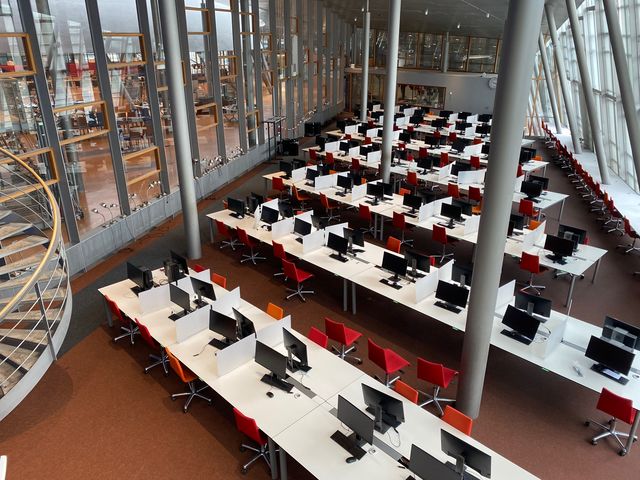
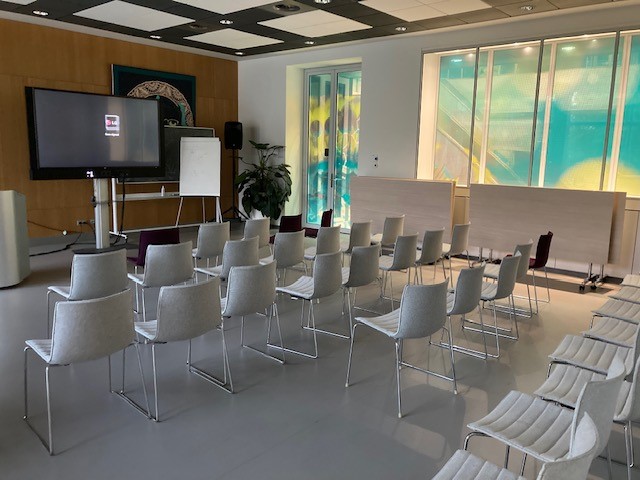
Shortage on study spaces
TU Delft noticed that many students struggled to find a place to study, especially during exams. They often stayed in familiar areas like the library. Meanwhile, other spaces on campus were left unused. At the same time, staff had become used to working from home during the pandemic. Many wanted more flexibility in how and where they worked. In response, the university launched a hybrid working policy.
Pilot based approach
Officebooking won the competitive tender to deliver one platform for reservations, live occupancy sensing and analytics in a staged pilot. At six pilot locations, desks, meeting rooms and focus rooms were equipped with sensors to assess the added value of occupancy monitoring.
Staff booked desks, meeting rooms or focus pods via mobile, web or Outlook, while remote sensors confirmed actual use and fed real-time dashboards for facility teams.
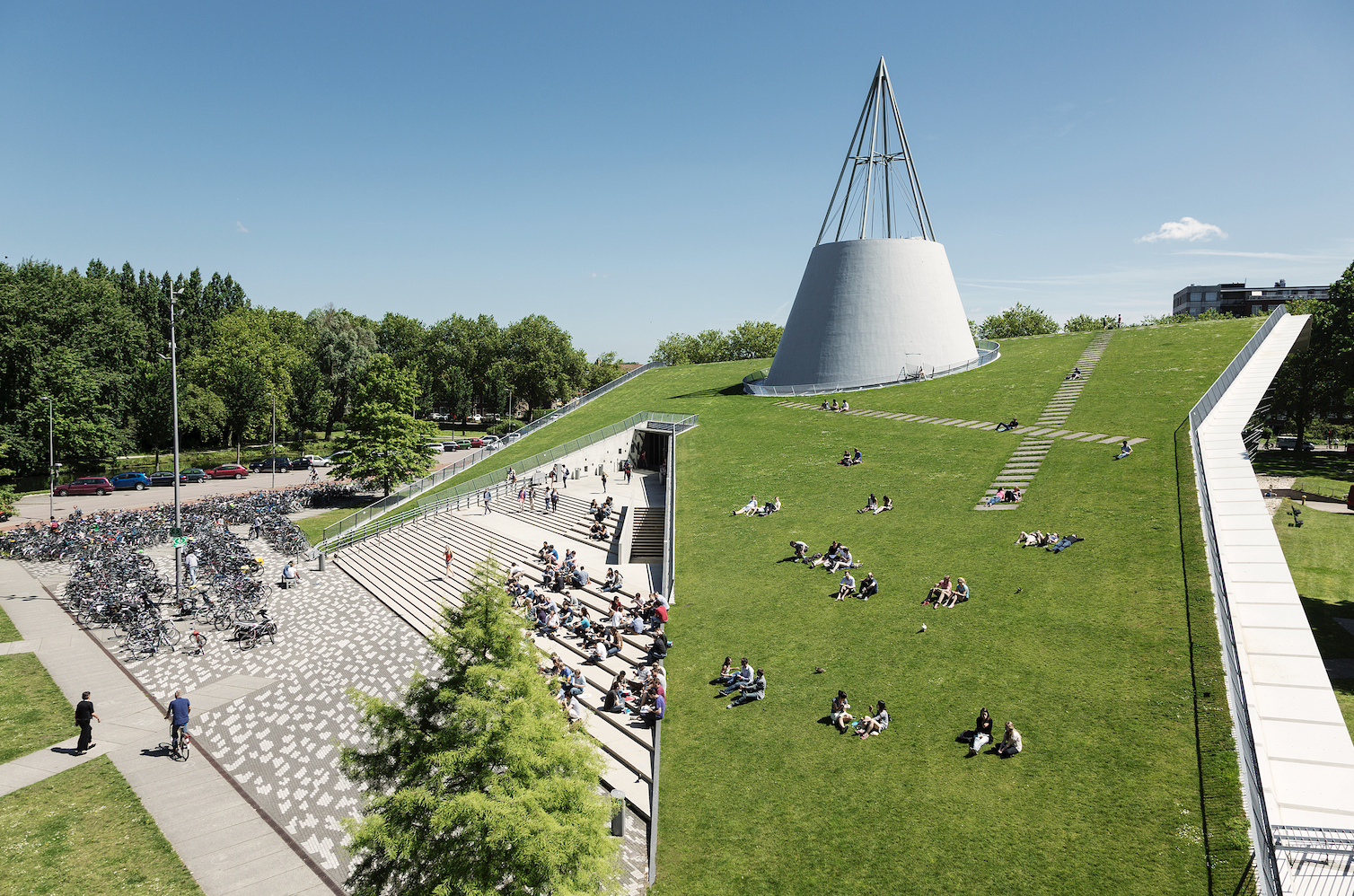
Smart campus tools like Officebooking are essential to align campus real estate with organisational demand and avoid underused space.
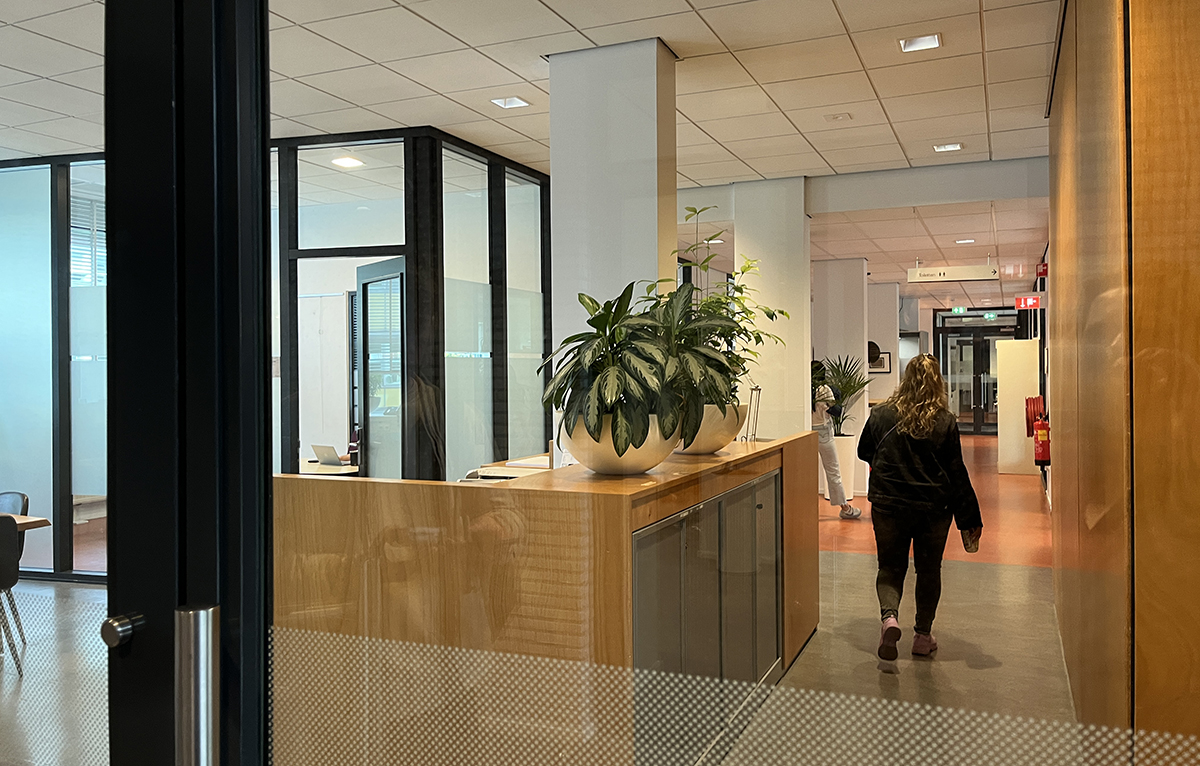
Objective Data
For the first time CRE&FM sees objective utilisation data instead of anecdotes. Mid-pilot, the Real Estate department seamlessly added its own office building to the project, proving the solution’s scalability. The evidence now steers renovation choices, energy-saving measures and TU Delft’s smart-campus roadmap, creating a future-proof workplace for study, research and support staff alike.
